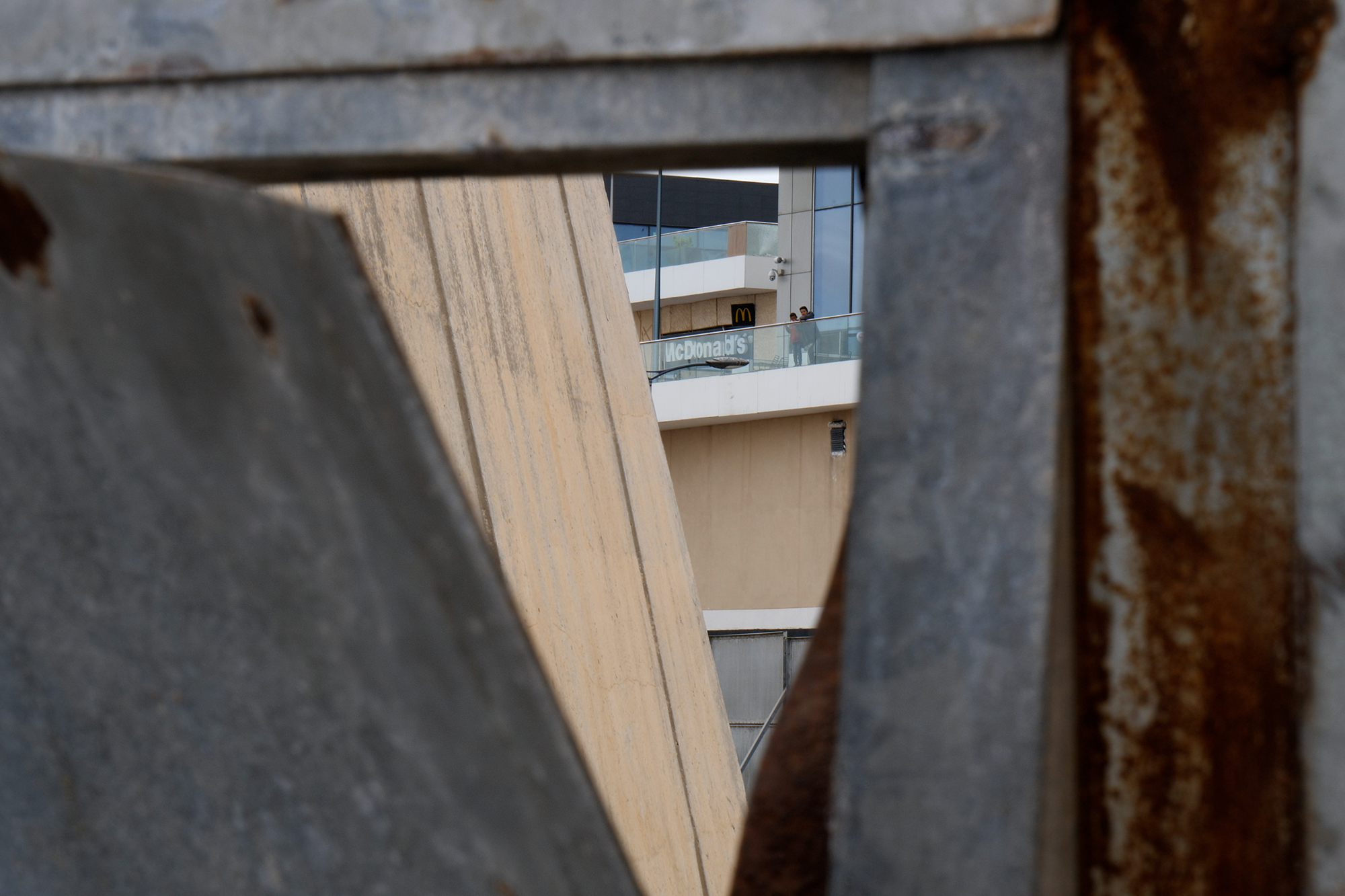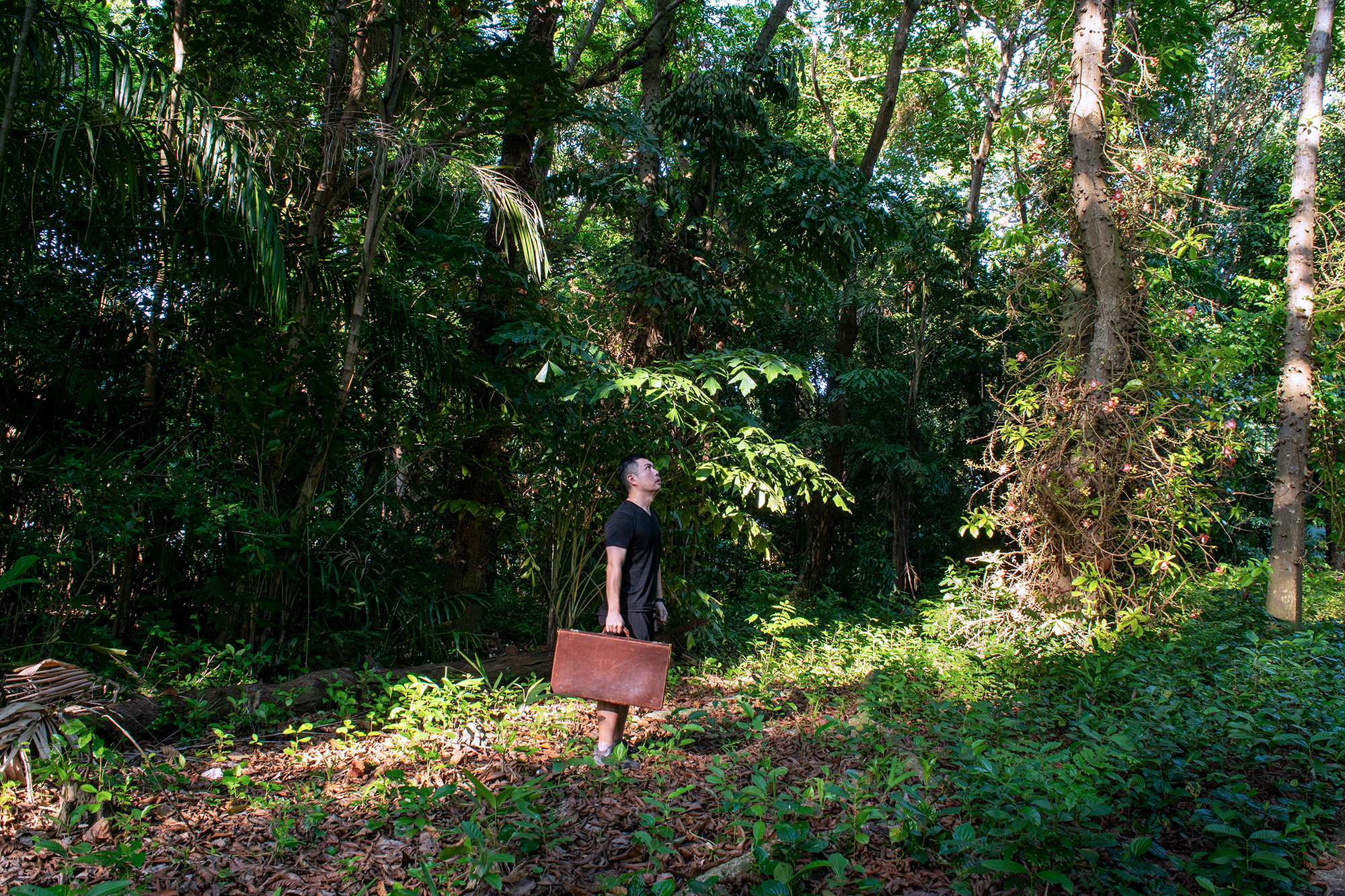Press Release — 5 Min Read
CUT
Press Release — 5 Min Read
Black Sheep Talks
“A cut of someone else’s money is someone else’s problem. It is not a bleeding wound that festers poisoning the entire body, simply because it is on someone else’s body. To understand the drama of impoverishment one should loose the possibility of having any other future but that of eking out a living.”
Lanfranco Aceti
It has taken a long time for art to be able to engage with research in scientific and cultural terms, after the artificially imposed divisions between disciplines of the XVIIIth and XIXth centuries. In this volume, that straddles different cultural methodologies — from the anthropological to the philosophical — there is a collection of articles that explore the meaning of the contemporary financial crisis, the political approaches to it, and what it means for artists and communities to be the first to bear the brunt of financial austerity in a post-postmodern state.
CUT as Artistic Research
The Museum of Contemporary Cuts is proud to announce CUT the themed issue of Journal of Visual Culture. The issue is a collaboration set up by the Museum of Contemporary Cuts and is supported by Boston University and Kalfayan Galleries, Athens – Thessaloniki. International contributors provide a range of perspectives on the contemporary crisis and its results questioning how the arts and social structures are being affected by the financial cuts. Contributors come from a variety of academic, artistic and curatorial backgrounds: Lanfranco Aceti, Bill Balaskas, Stefanos Tsivopoulos, Syrago Tsiara, Kostis Velonis, JD Connor, Marina Gioti, Sarah Beck, Nikos Navridis, Joanna Boehnert, Poka-Yio, Elizabeth A Kessler, Maria Tsantsanoglou, Vaughn Pinxit, Yorgos Zois, Oliver Ressler, Bruce Barber, Katerina Koskina, Derrick Chong, Artemis Potamianou, Andrea Baldini, Maria Tsagkari, and Charlotte Lucy Kent.
The opinions, imaginary and visualizations of museum directors, artists, filmmakers, as well as academic and cultural commentators provide an insight in the problems that are arising and that are shaping, in Lanfranco Aceti’s words, the “relationships between art, money and power as indicators of the tensions of post-democracy, post-citizenship and the increasingly fraught representations of the cultural and social body.”
In the introduction to the issue Aceti wrote: “This themed issue poses questions concerning financial cuts and their impact on contemporary society and the arts. It presents a collection of perspectives, in particular from Greece, in order to examine artistic and aesthetic practices. It explores how society is being transformed into a post-democracy and how citizens are becoming post-citizens. These transformations will have implications in the redefinition of both post-democracy and post-citizenship as two oppositional forces, which may no longer be reconcilable and could lead to insurrectional and repressive politics. The role that art plays and will play in shaping these discourses by presenting alternative imaginaries to the narratives of the body politic will have to be evaluated in a context of aesthetic concurrence and conspiracy of art. But if the artists are transformed into post-citizens – it may be safe to assume that as post-artists their contributions will be more free – or totally freed – from the restraints and bonds of national and supranational institutions, leading de facto to the production of counter narratives and imaginaries that will be perceived by the post-democracies’ body politic as insurrectional art.”
Tropes and Hopes
The volume, in Aceti’s hopes, is not just a record but a mean to achieve a better understanding of alternative practices to the exploitative practices of contemporary capitalism.
“When I imagined this volume,” explained the artist, “it was before the Great Recession. Since then much has happened and will continue to happen, while crises — environmental, health, financial, and social — will to fester and follow one another in an endless and ever more twisted cycle. The illusion that there is an end in sight is a trope and a hope that is sold to the masses. In particular to those who will be ‘cut’ the most, or better put that will be obliged to cut their standards of living the most.”
The volume looks at the Greek crisis not as a temporally limited phenomenon, but a sign of larger things to come. The collapse of the middle class, the disappearance of social justice, the divide between institutions and politicians on the one side and citizens on the other, they are phenomena that speak of a global crisis. A cut is not as innocuous as it might be imagined. The separation and exclusion of citizens from the institutions, and therefore from society, speak of an increased lack of representation that will necessarily lead to insurrectional politics and politics as revenge.
We will process the personal data you have supplied in accordance with our privacy policy.




